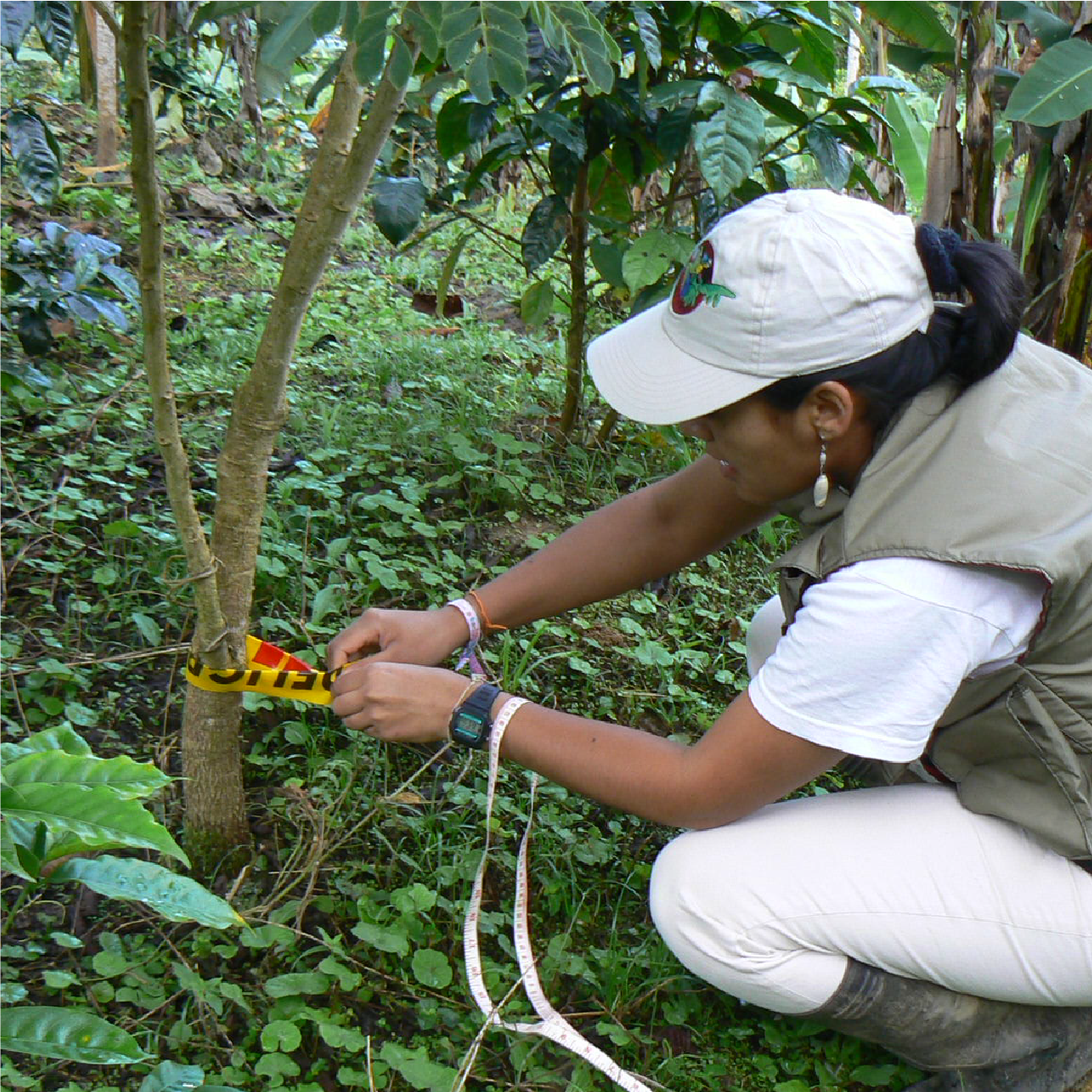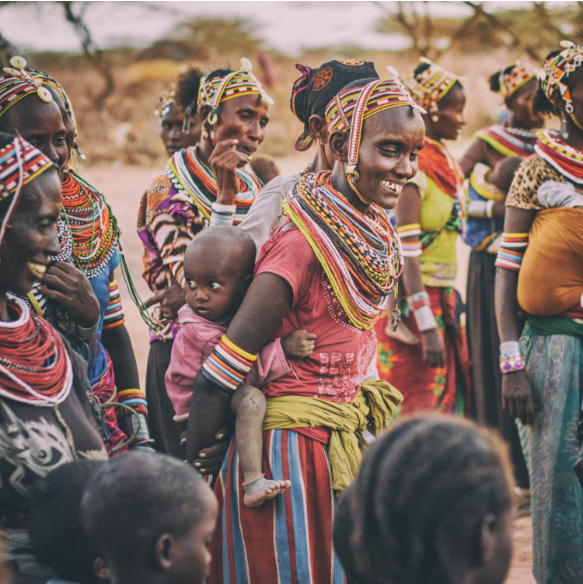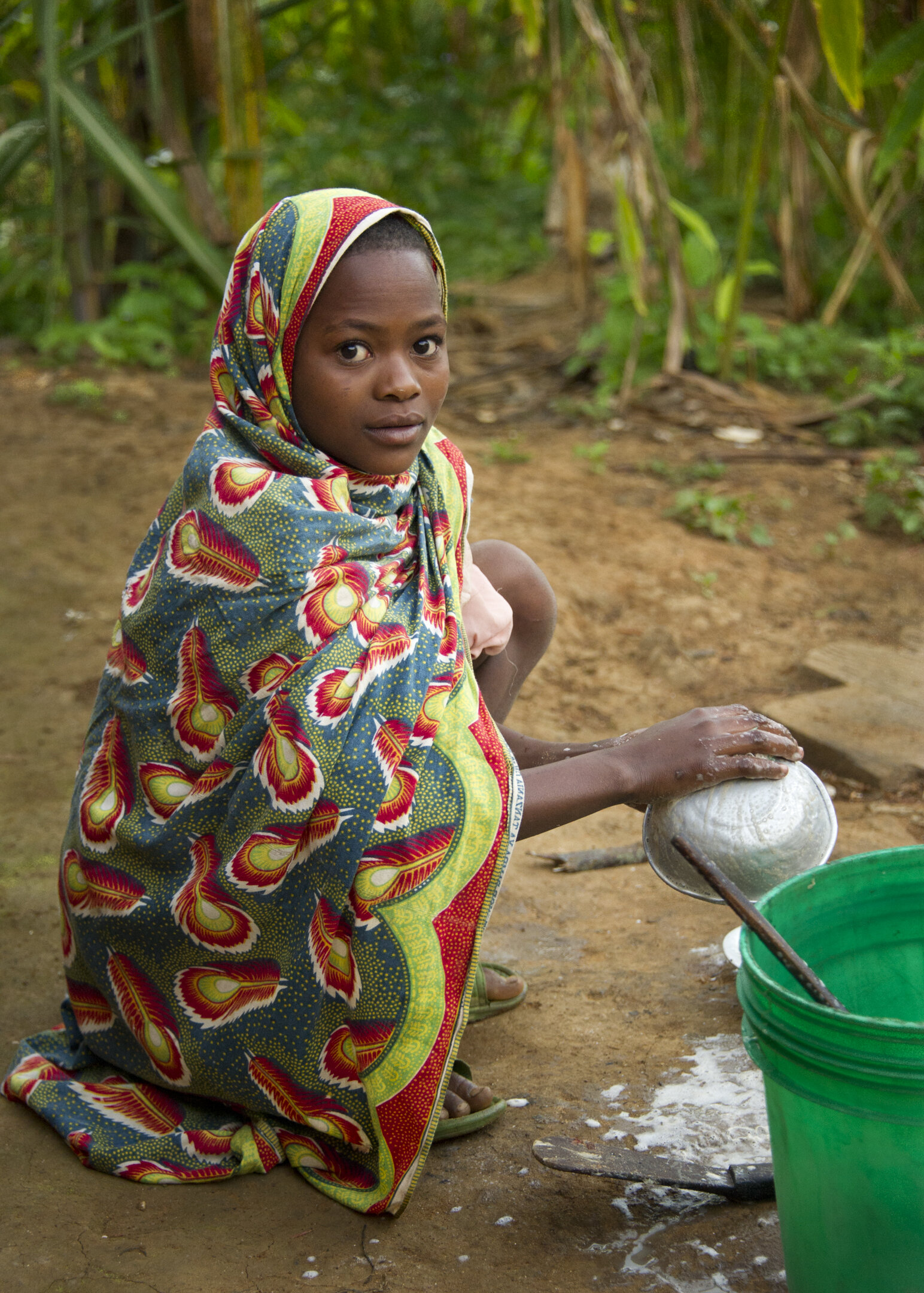WHY WOMEN?
Gender equity is essential to a better future for our planet and our people.
Women bring unique perspectives, knowledge and social roles that make them a critical part of conservation and the intersecting movements for environmental, racial and social justice.
On-the-ground examples from around the world show that women’s leadership and participation are critical to effective and lasting solutions to the environmental crisis and intersecting issues like public health, education and racial and social justice.
WOMEN STRENGTHEN CONSERVATION SOLUTIONS
A review of 17 studies from around the world showed that including women in conservation and natural resource governance resulted in stricter and more sustainable extraction rules, greater compliance with rules, greater transparency and accountability, and better conflict resolution. Why might that be? Read on!
WOMEN THINK FOR THE COLLECTIVE
As mothers, sisters, community builders and caretakers, women tend to think for the collective. Research shows that women are more likely to:
Make decisions that support public good and nature,
Work out compromises,
Be honest and ethical,
Stand up for their beliefs, and
Provide fair pay and benefits.
WOMEN ARE OFTEN THE PRIMARY USERS AND STEWARDS OF NATURE
Women are important allies in any successful conservation solution because they often have different information than men about the state of nature and what is needed to properly care for it.
Women are responsible for 80% of water collection in households where water is off the premises.
Women produce about half of all food grown globally, including harvesting crops and taking care of livestock.
Women do 90% of the cooking for families around the world. They are responsible for the majority of grocery shopping or food collection, and they spend more of their money on food.
Women and girls are largely responsible for fuel collection globally, especially fuel for cooking and lighting the home.
WOMEN LEADERS HAVE PROVEN THEMSELVES TO OFTEN BE BETTER AT HANDLING A CRISIS
Look no further than Covid-19.
A study looking across 194 countries found that Covid-19 outcomes are systematically better in countries led by women.
A similar study of U.S. governors found that Covid-19 deaths were lower in states with a female governor.
An assessment of managers in corporate America during the first quarter of the pandemic found that women leaders scored significantly higher on 13 of 19 competencies that comprise leadership effectiveness, like “motivates employees,” “takes initiative,” “develops others” and “communicates powerfully.”
WOMEN ARE DISPROPORTIONATELY AFFECTED BY THE CLIMATE CRISIS
Women are more likely to go without food in the event of food shortages.
Water scarcity means that women have to spend more time and walk longer distances to get water, which can lead to increased safety risks and less time for other activities.
Through their duties of water collection and food harvesting, women are more exposed to mosquito-borne diseases, such as malaria, dengue and chikungunya.
In flooding and fires, women may fear to leave the house without a male companion, or their movement can be hampered by long clothing when trying to flee for safety.







